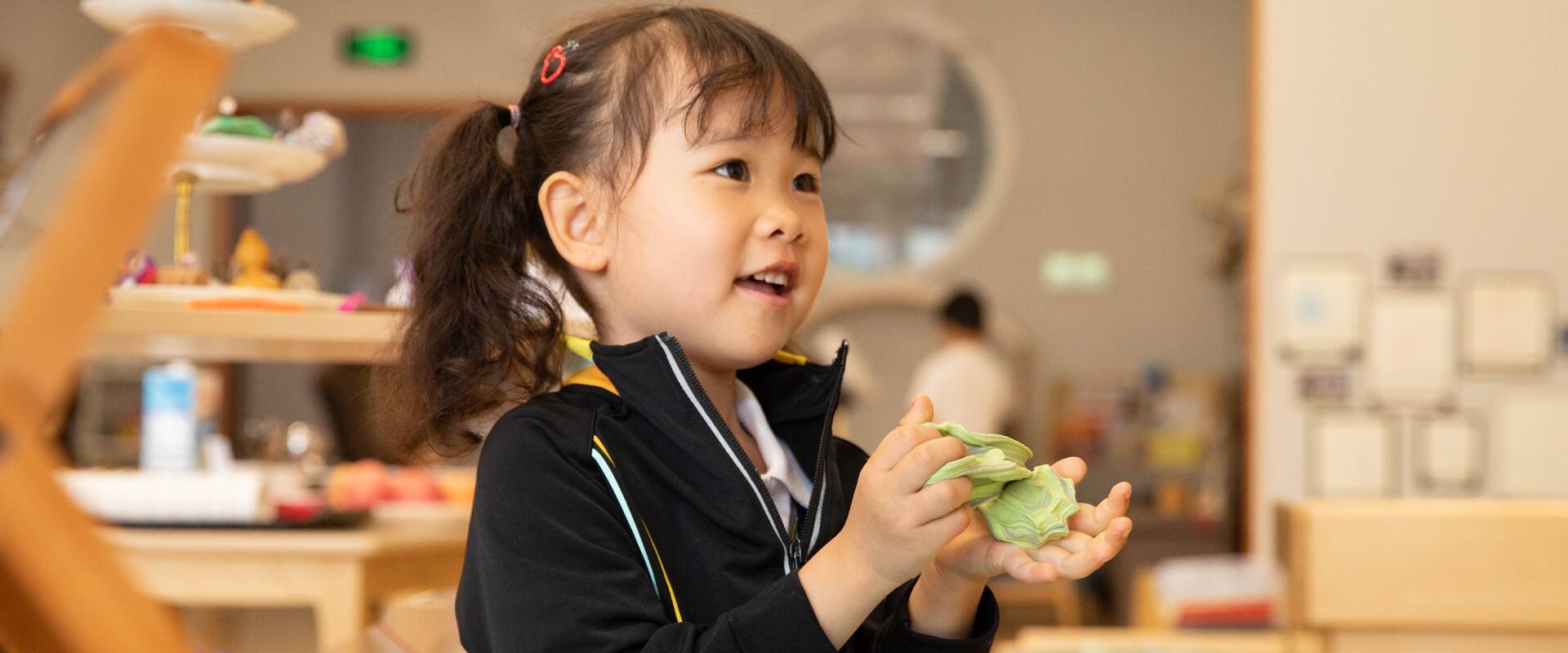
Erica Yang
Deputy Head of Early Years
It is my fourth year working in Huili Nursery and my tenth year in the Early Years Education field. Working with children often offers me the great opportunity to make the close connections between my work and life, and the inspirations always flow from one to another. Children's curiosity, inclusion and ubiquitous exploring experience often influence my perspective as an educator and teach me to perceive details in life with the most simple and sincere beginner's mind. On the other side, we as educators use reflective, innovative and inclusive thinking to adapt our experience to our children in an interactive way to support their growth. As we learn alongside our children, we build a culture that contains our shared values of respect, trustworthy relationships, and critical elements that motivate our young learners.
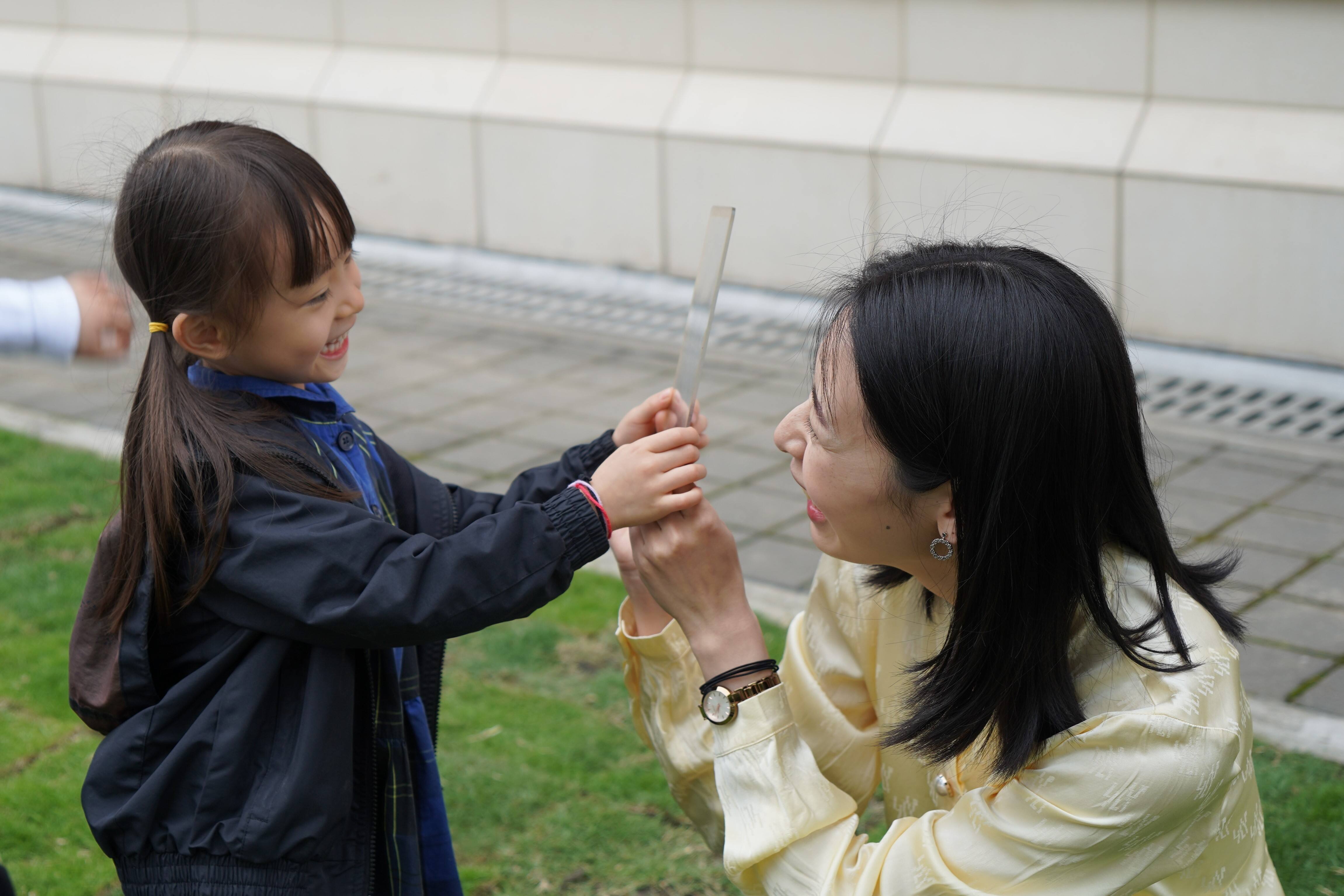
As a mother, the importance of co-constructing a culture also came across to me when raising my child. Parents in the Huili community have inspired me a lot through their practice. I have seen that children who have had the opportunity to build a culture with their families tend to have strong inner drives, clear goals, an inclusive and peaceful mindset, and great learning habits. "Equality", "respect", and "inspired" these cultural elements in the community that provide a good foundation for the culture in Huili Nursery Hangzhou.
The book that I recently read, "The 7 Habits of Highly Effective People" by Stephen R.Covey, shares some of the key habits that lead to success. In Huili Nursery Hangzhou, "success" is not limited to children's academic ability but also focuses on discovering the image of themselves and understanding their place in the world.
Taking the two key points mentioned in the book as examples, how does Huili Nursery Hangzhou help our children to develop these positive habits through "building our culture together"?
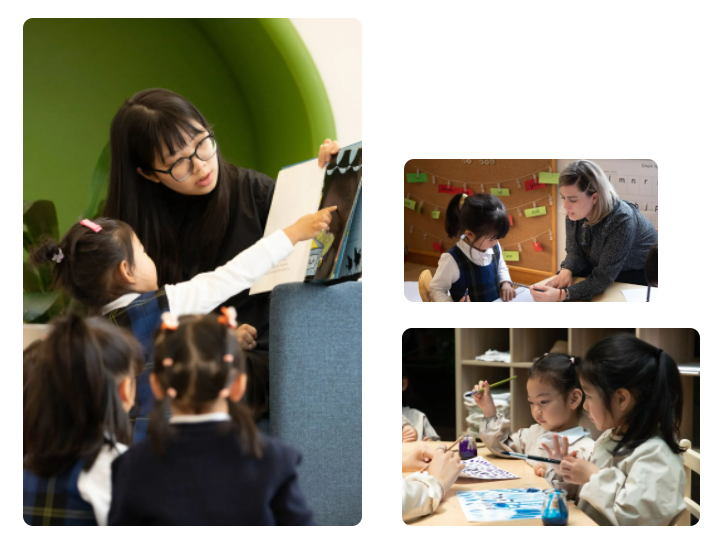
Be proactive
Being proactive means taking responsibility for your actions and making decisions based on certain principles and values rather than emotions or external circumstances.
To gain positive thinking, the children first need to feel themselves in a safe environment - that is, they can make mistakes in this environment, post their point of view, discuss with a partner, and reflect together with a goal of make progression. In Huili Nursery, these discussions often happen during the morning meetings, group tasks, and end of day reflection time. These opportunities place our children in a positive role, identifying and understanding the values and perceptions whilst showing openness and empathy to others' emotions and feelings. Finally, developing the habit of being proactive - solving problems rather than complaining about them.
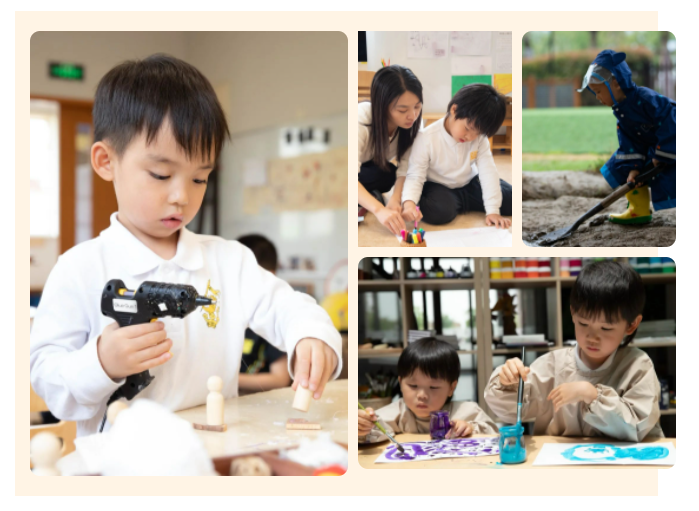
Start with the end
A clear goal can lead children to the great direction of learning, to obtain a deeper sense of accomplishment through "working". We expect that children will be able to set goals for themselves through the challenges they encounter.
We might have seen a child taking a shovel and digging in soil repeatedly downward in the mud kitchen until he finds the depth reached his goal. We may also see a group of children concentrating on creating a landscape map with a shared goal of bringing everyone's thoughts together rather than presenting individual ideas.
To allow these moments to happen, the teachers need to make great efforts to build a culture with the children in which an "inclusive, open, and fun" environment is found. As a result, the children take ownership of learning, being consistent, confident and helpful when meeting challenges.
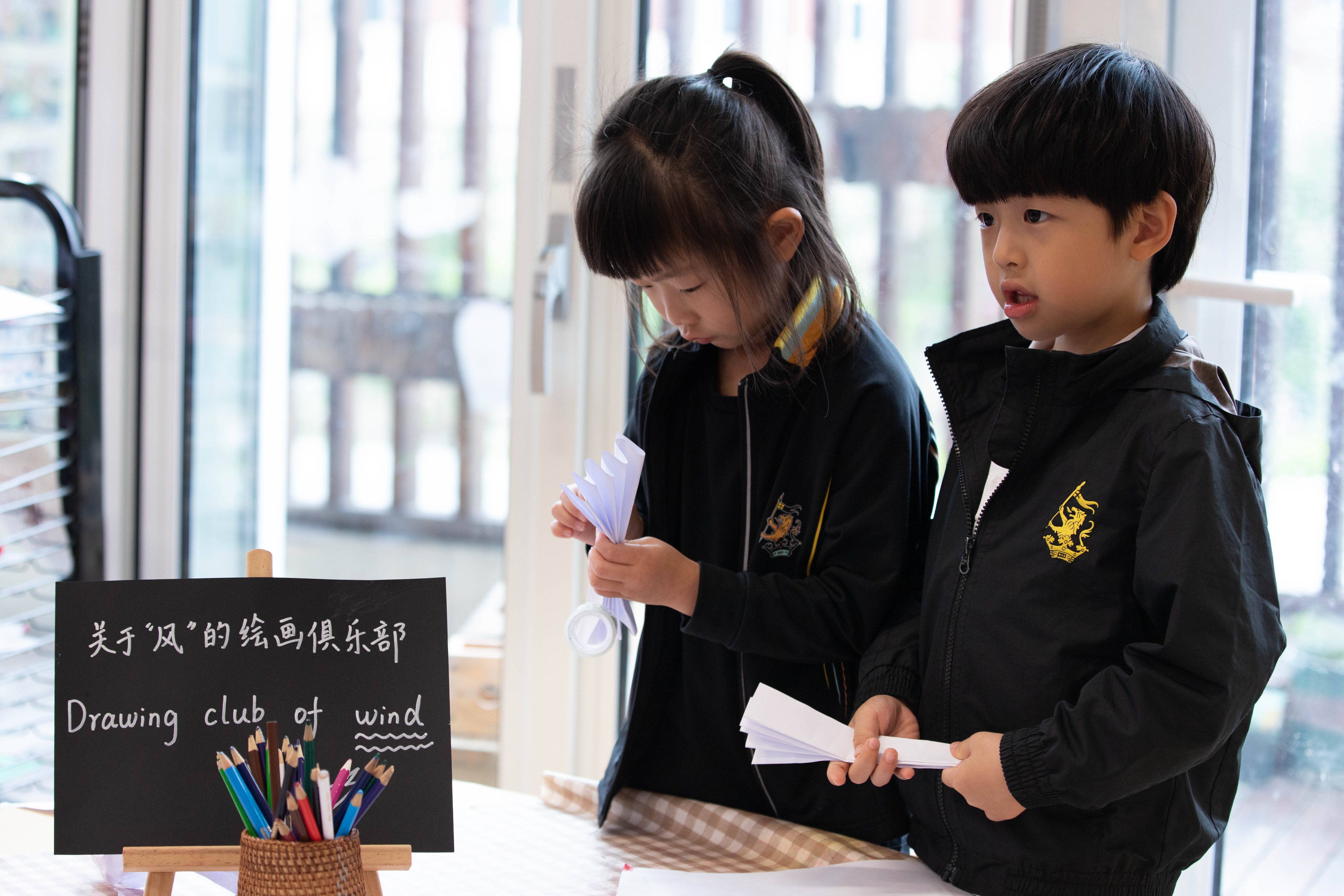
When children are exposed to an empowering culture and acquire the traits and habits of lifelong learners through daily experiences, the depth of their learning is often breathtaking. The children meet the world, encounter each other, and finally, find and define themselves.